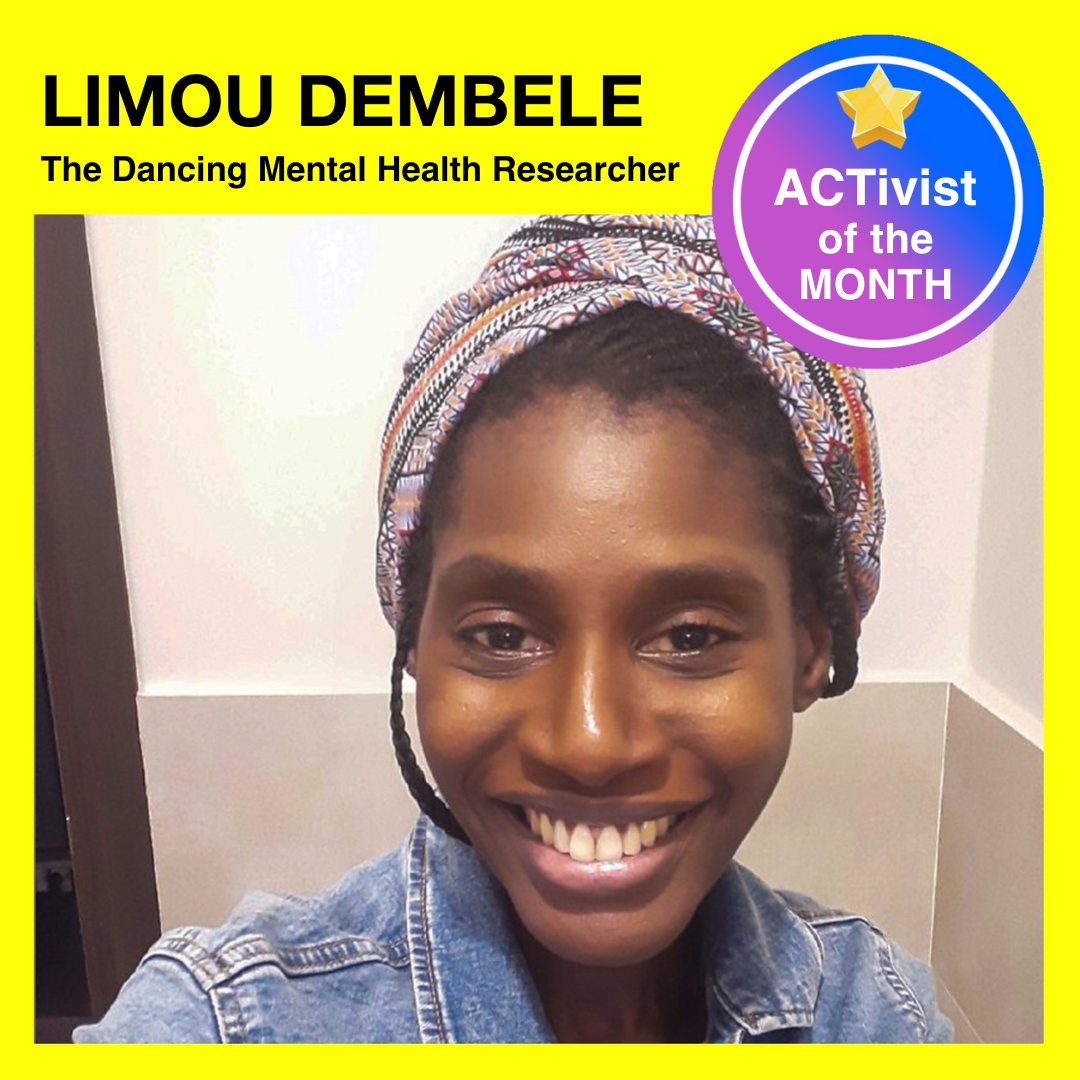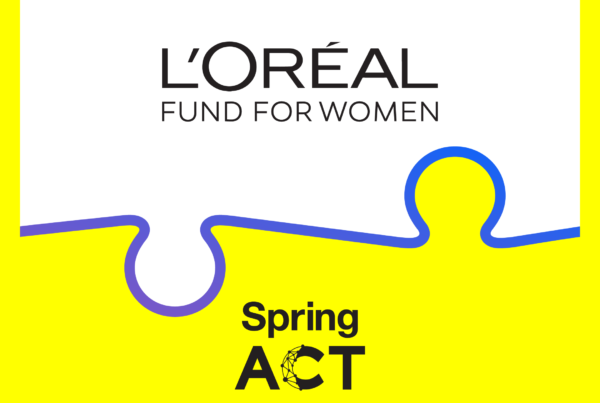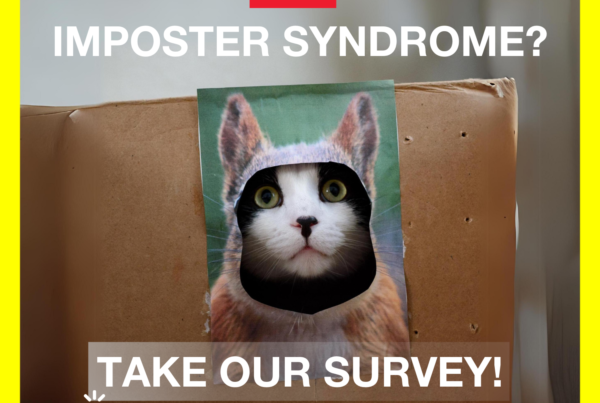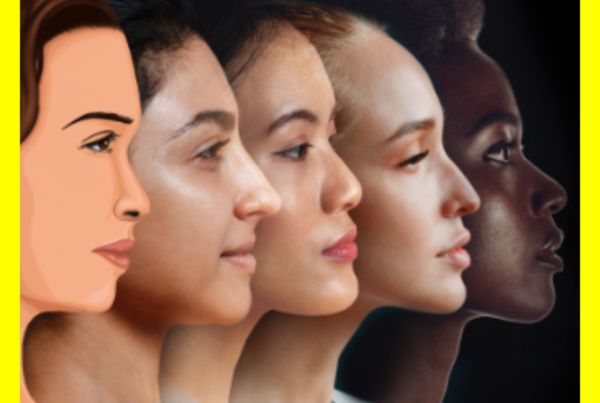
Who is Limou Dembele
Limou Dembele was born in Paris with roots from West Africa, especially from Mali and Mauritania. She lived in various countries in West Africa, notably working for the UN in Senegal where she met Spring ACT’s founder Rhiana Spring when buying chairs from her. The beauty of life led her to land in the Middle East where she lived for almost 2 years. Limou is a nomad at heart and managed to leverage her cultural richness to progress in her professional path. She is a specialist in monitoring and evaluation for humanitarian and peace-building interventions. Her interest in human nature and her hypersensitivity led her to embark on a journey to become a specialist in psychiatric research and eventually become a psychologist. After earning a degree in international relations and humanitarian affairs, she recently graduated from King’s College London where she studied Psychology and Neuroscience of Mental Health. In addition, Limou volunteered at Unicef as a child rights campaigner and provided accompaniment to migrants working on their business plans.
What motivated you to pursue your career?
I have always wanted to weave a strong link between my career aspirations, my identities and my life experiences in different parts of the world. Ignoring social injustice is against my nature. Thus, I use research to contribute to evidence-based interventions tackling gender inequalities in various environments, including conflict settings. Moreover, my genuine interest in positive psychology is also a driver to identify mechanisms that support emotional regulation and personal resilience. I am keen to keep working in this field to improve App-based interventions for ethical reasons but also to amplify evidence that user’s led projects can lead to outstanding outcomes in the promotion of human rights and notably access to services: psychosocial support, legal assistance, healthcare, economic empowerment. Lastly, infant and child development is one of my subjects of predilections. I am always to see how parenting techniques can be considered to offer children and their families a better environment. Growing evidence that GBV, including domestic violence leads to lifelong psychological issues for the children. I am motivated to find opportunities to support evidence-based interventions that will create awareness, support children, and assist parents.
What’s one of the most significant moments in your career?
Not one significant moment but I can definitely remember magical encounters, friendships and mentoring opportunities that encouraged me to keep advocating for human rights.
Name the three lessons you’ve learnt in the course of your career?
- Work and thrive for innovation should not be a ring where everything is allowed, stay the captain of your own ship, shape your relationships by being empathetic, human but also clear about your minimum standards to maintain healthy relationships and your own professional and personal integrity
- Embrace your vulnerability, they make you stronger and full of dignity and you will be surprised to notice that they are actually never seen as weaknesses.
- Thinking outside the box and being value driven will never make you “lose the plot”!
What progress do you hope to make in the protection and promotion of human rights, particularly women’s rights?
I intend to use my background in monitoring and evaluation to help protection and human rights services to improve the way they assist individuals through Artificial Intelligence. Moreover, as I am specialised in mental health research, I would like to contribute to better evidence of the social factors and aid mechanisms that enhance help-seeking behaviours and personal resilience as a result of direct assistance. I am also interested in studying the extent to which mental health and technology based psychosocial interventions can advance the way we respond to negative gender dynamics, especially gender-based violence. It is such a great opportunity to be in an era where we observe the growing use of AI in human rights and I my goal is to make sure that a wealth of evidence is generated to demystify AI ‘s contributions to personal and collective resilience, as well as its limitations.
Last but not least, through my involvement alongside Spring ACT, I hope we can popularise women’s led initiatives to strengthen the connection between human rights and digital assistance. I hope to be able to see that this connection will enhance the empowerment of people in vulnerable situations and that its positive outcomes will give another meaning to what we call the digital revolution.
How has your experience been volunteering at Spring ACT?
I have always wanted to join Spring ACT as a volunteer. My encounter with Rhianna 4 years ago in Dakar is one of the magical encounters that inspired me. All the wins that came in our ways are just the result of an amazing structure led by inspiring individuals. I volunteer with other members that are very empathetic, patient, result-oriented and who value various expertise.
The Spring Act community is such a vibrant and supportive network. I got involved in the testing and translation of the Sophia chatbot into French. More recently, I supported the development of questionnaires and strategies to collect feedback from Sophia’s service users. I am planning to invest more time to co-elaborate the research and accountability strategy that will meet one of the core objectives around ethics and building evidence and knowledge about Sophia’s effectiveness in providing digital assistance to the survivors of domestic and intimate partner violence. Overall, I have a strong faith in what Spring Act can achieve to revolutionise AI’s contributions in the alleviation of social injustice.



